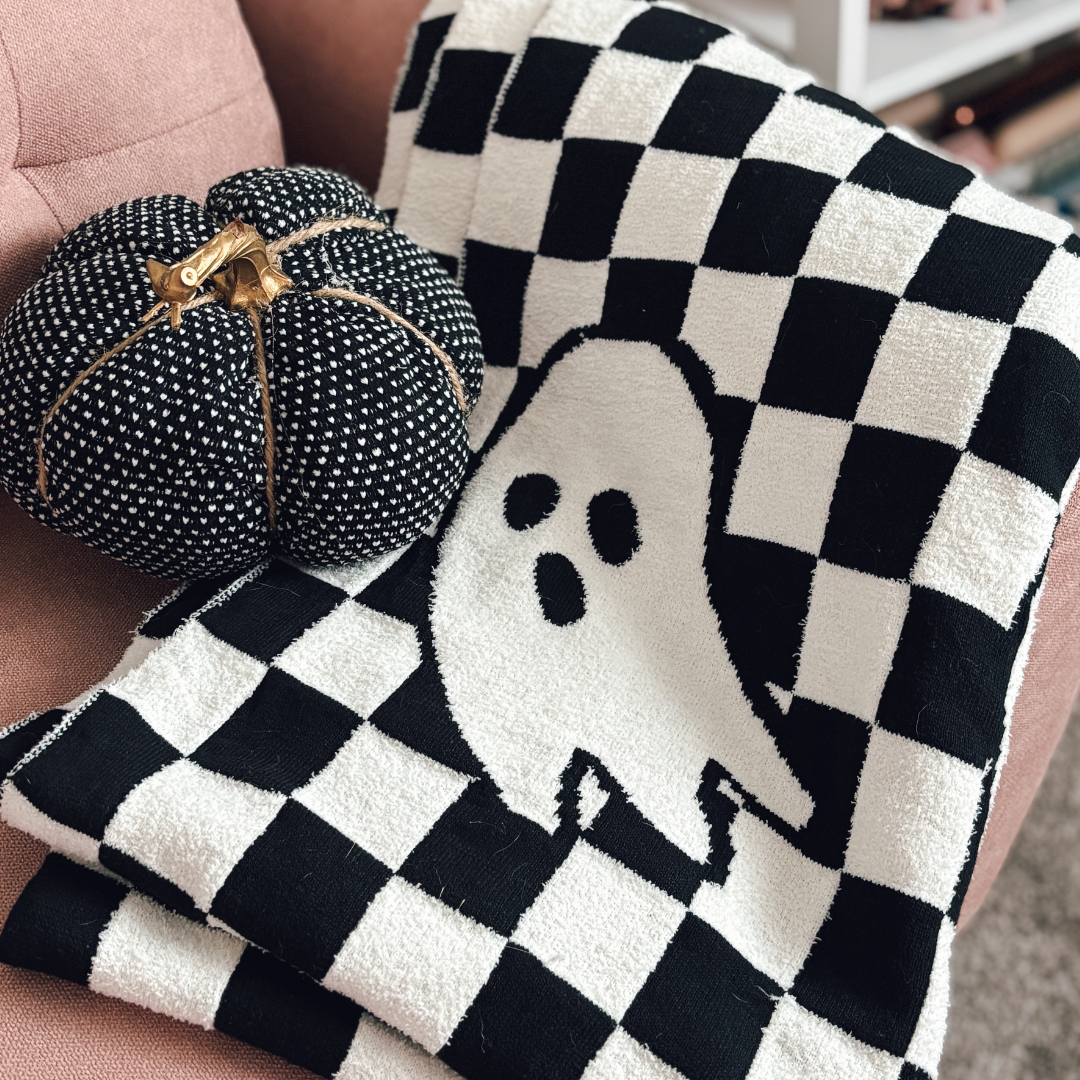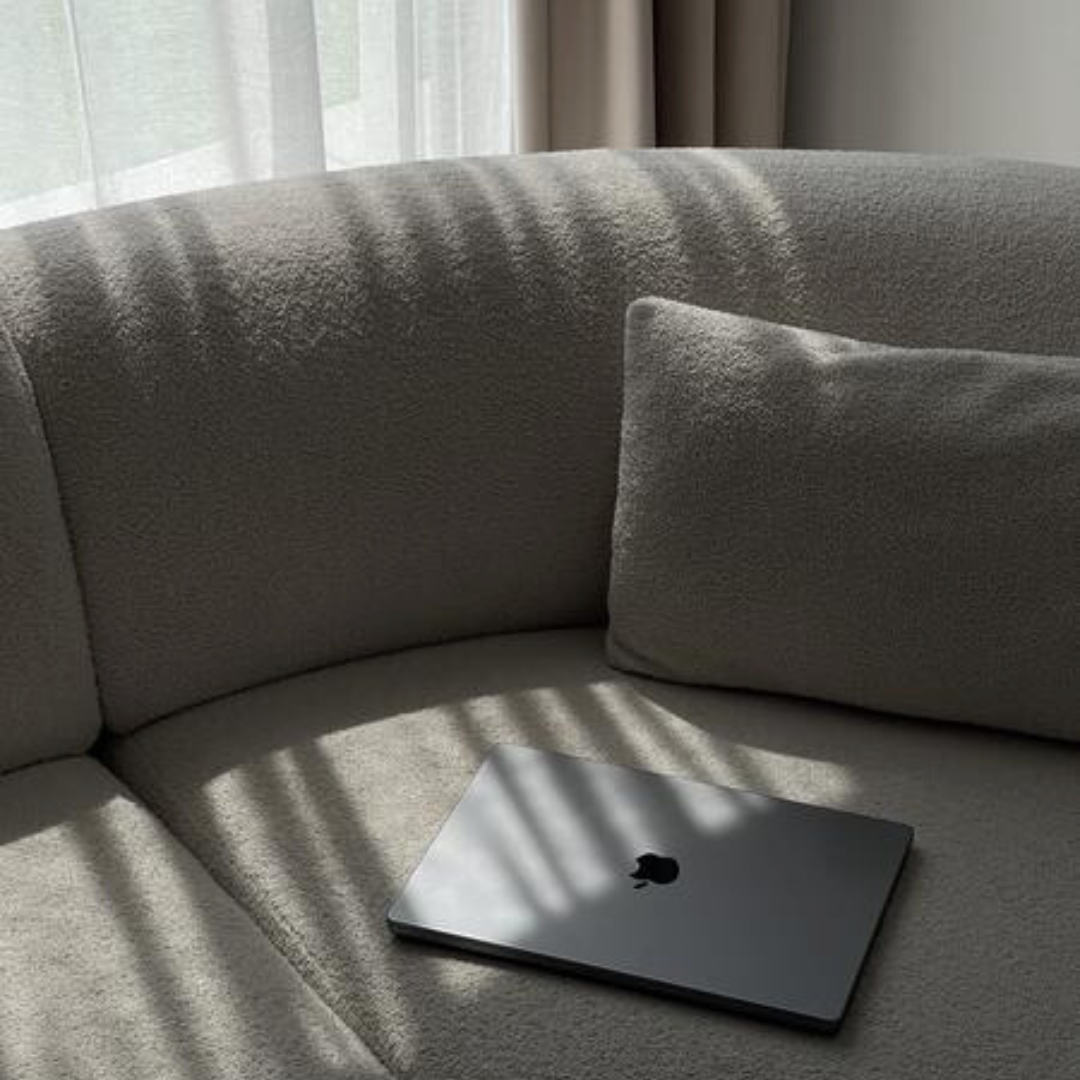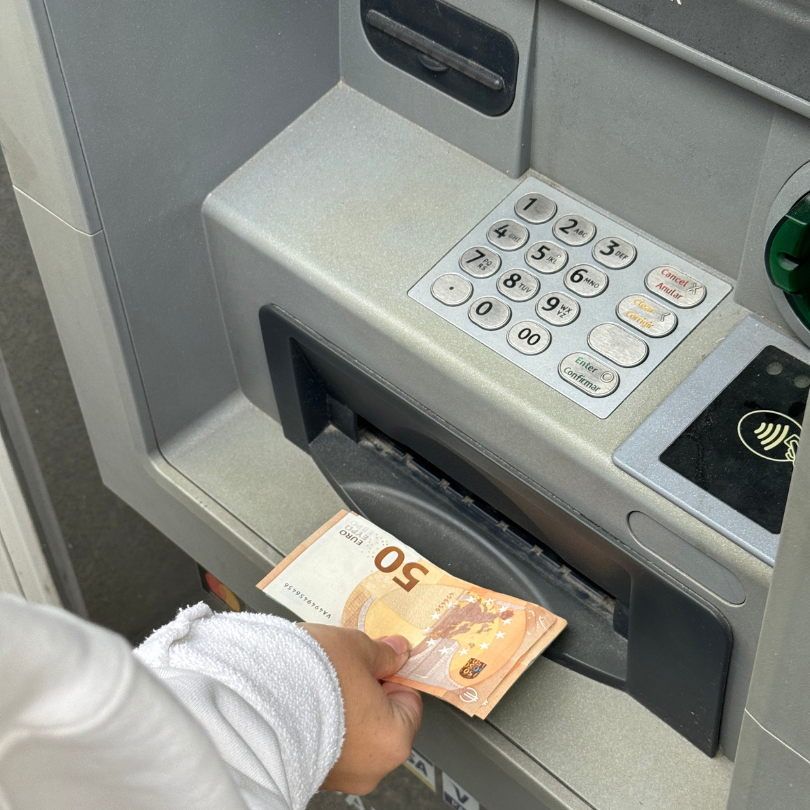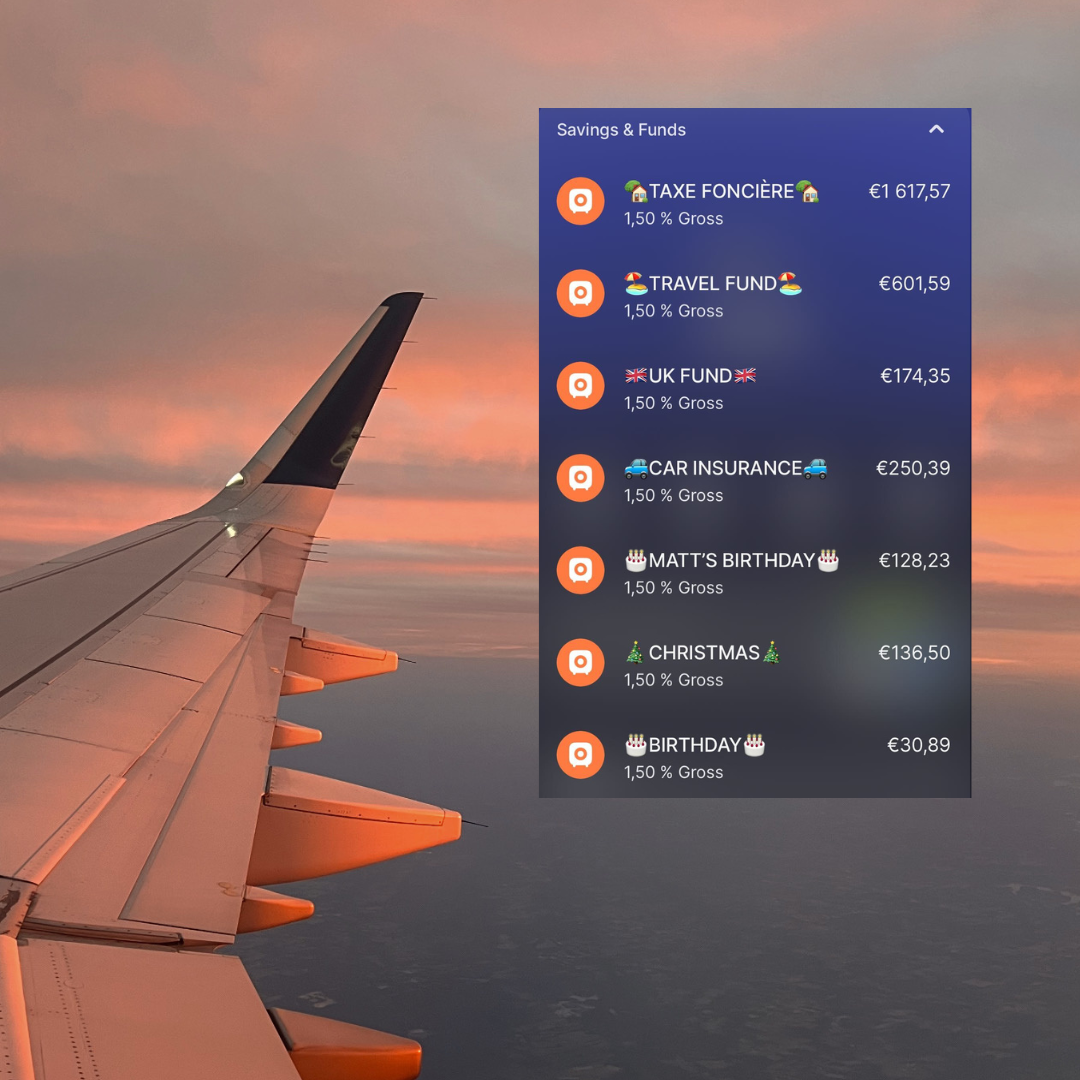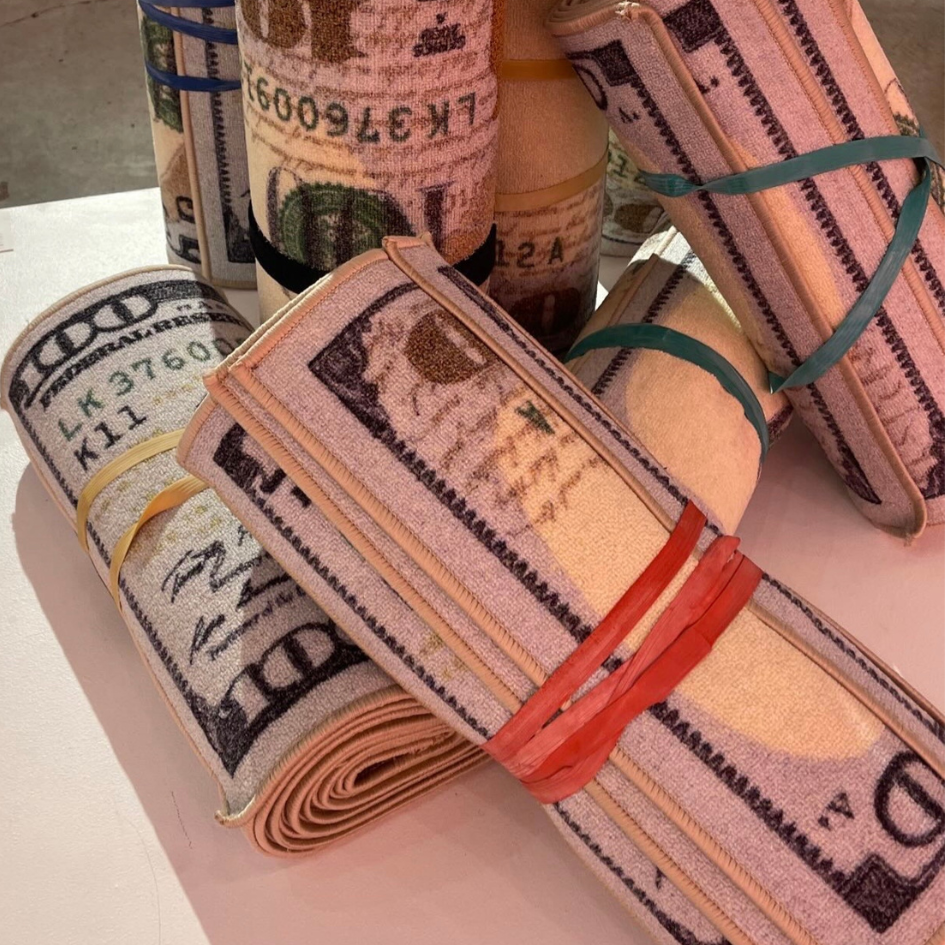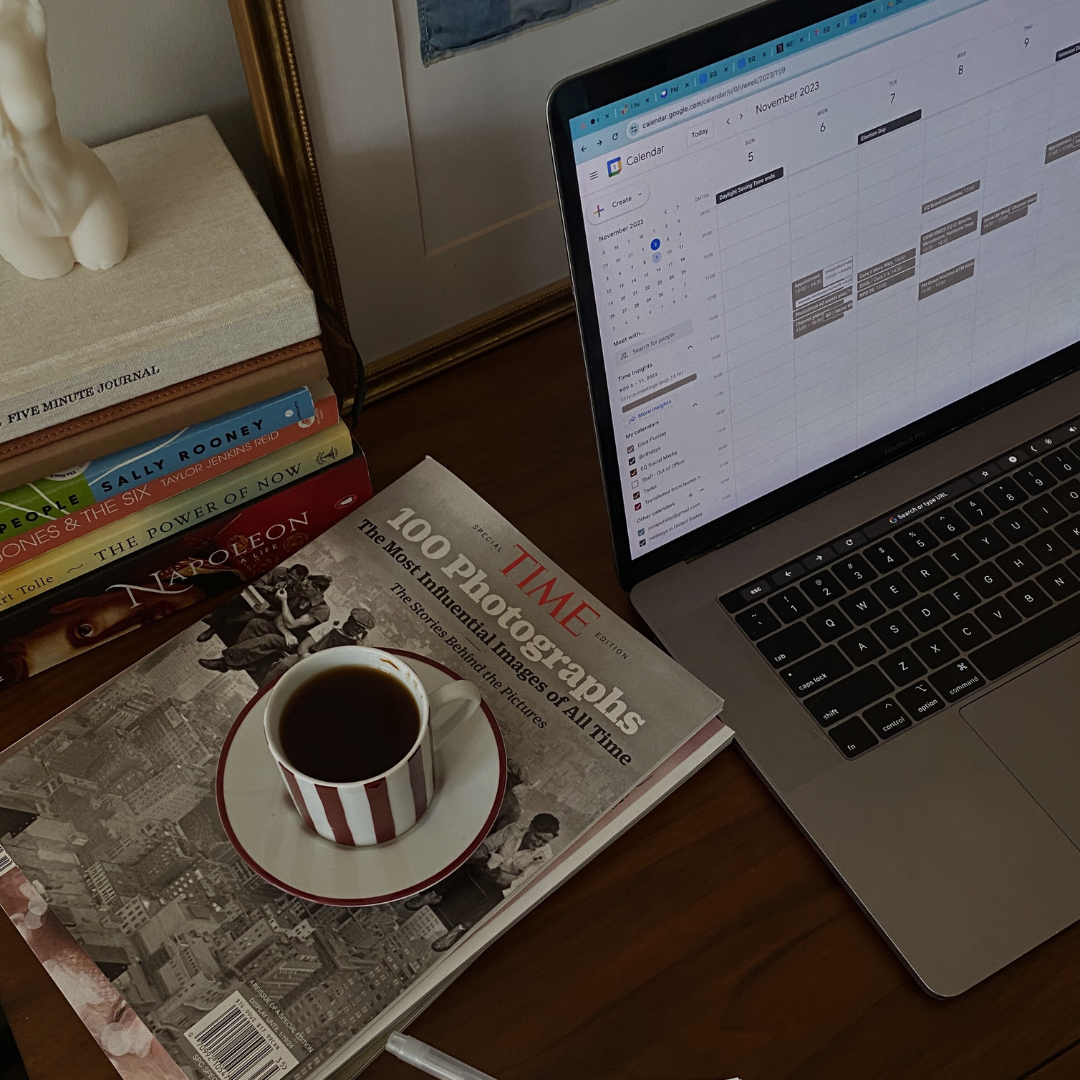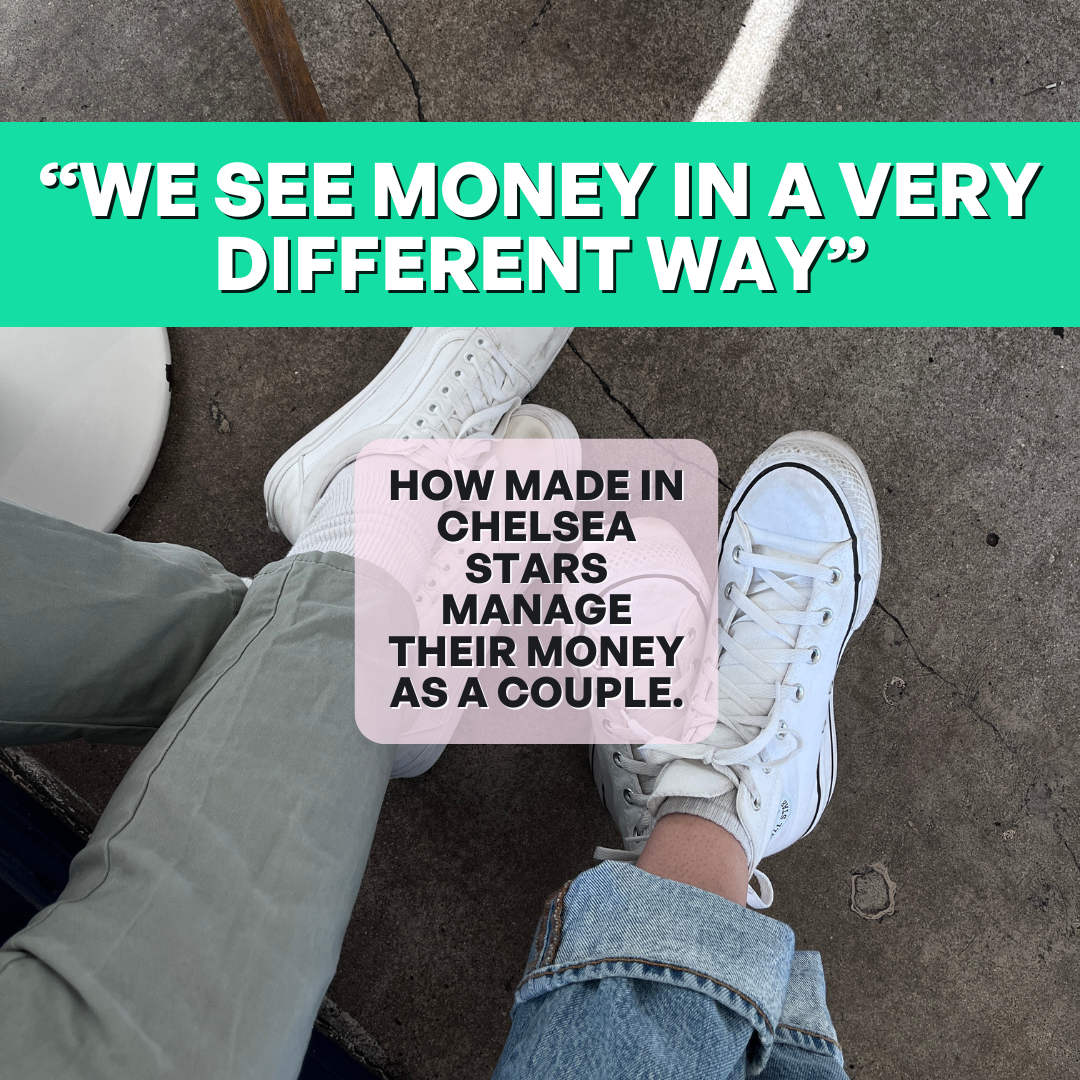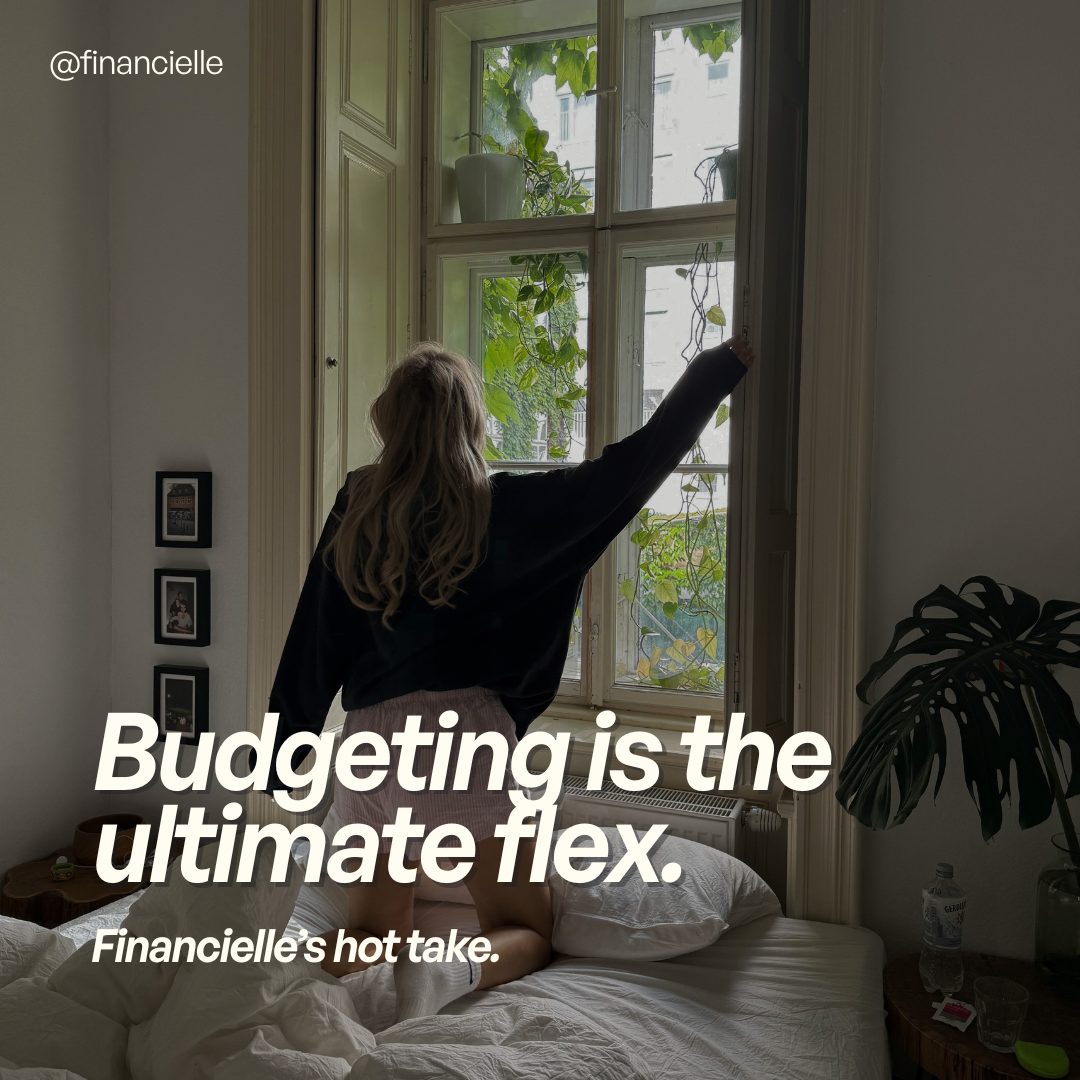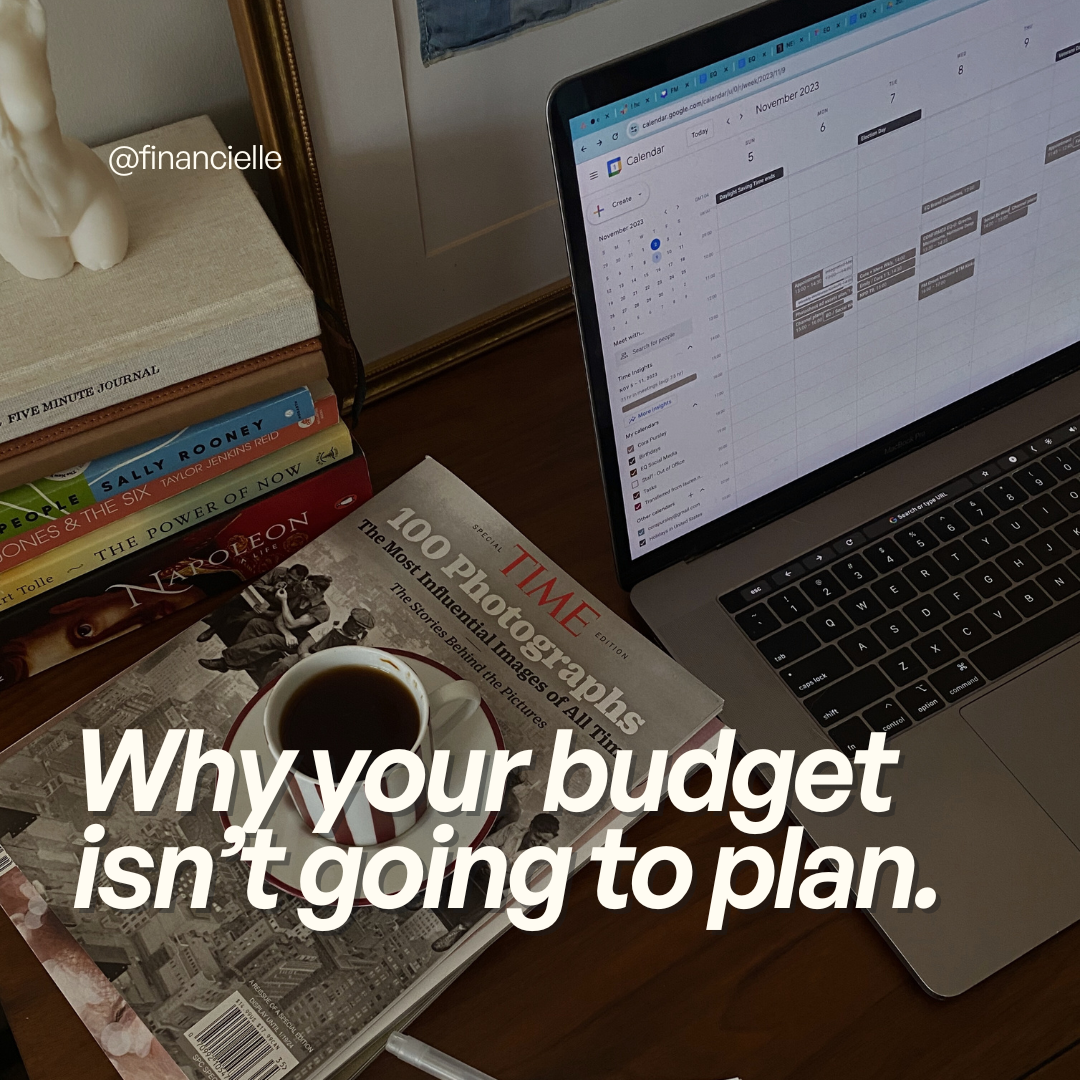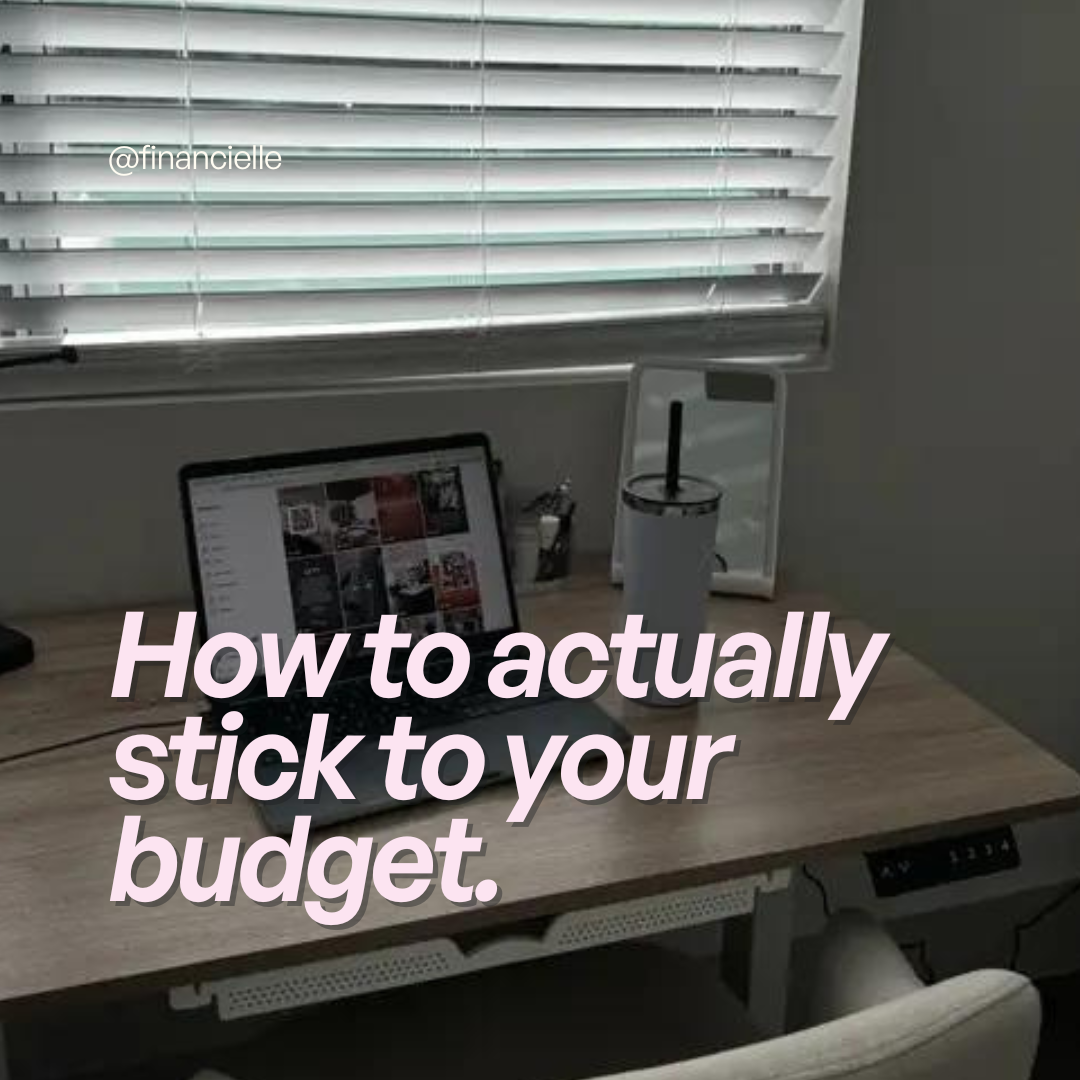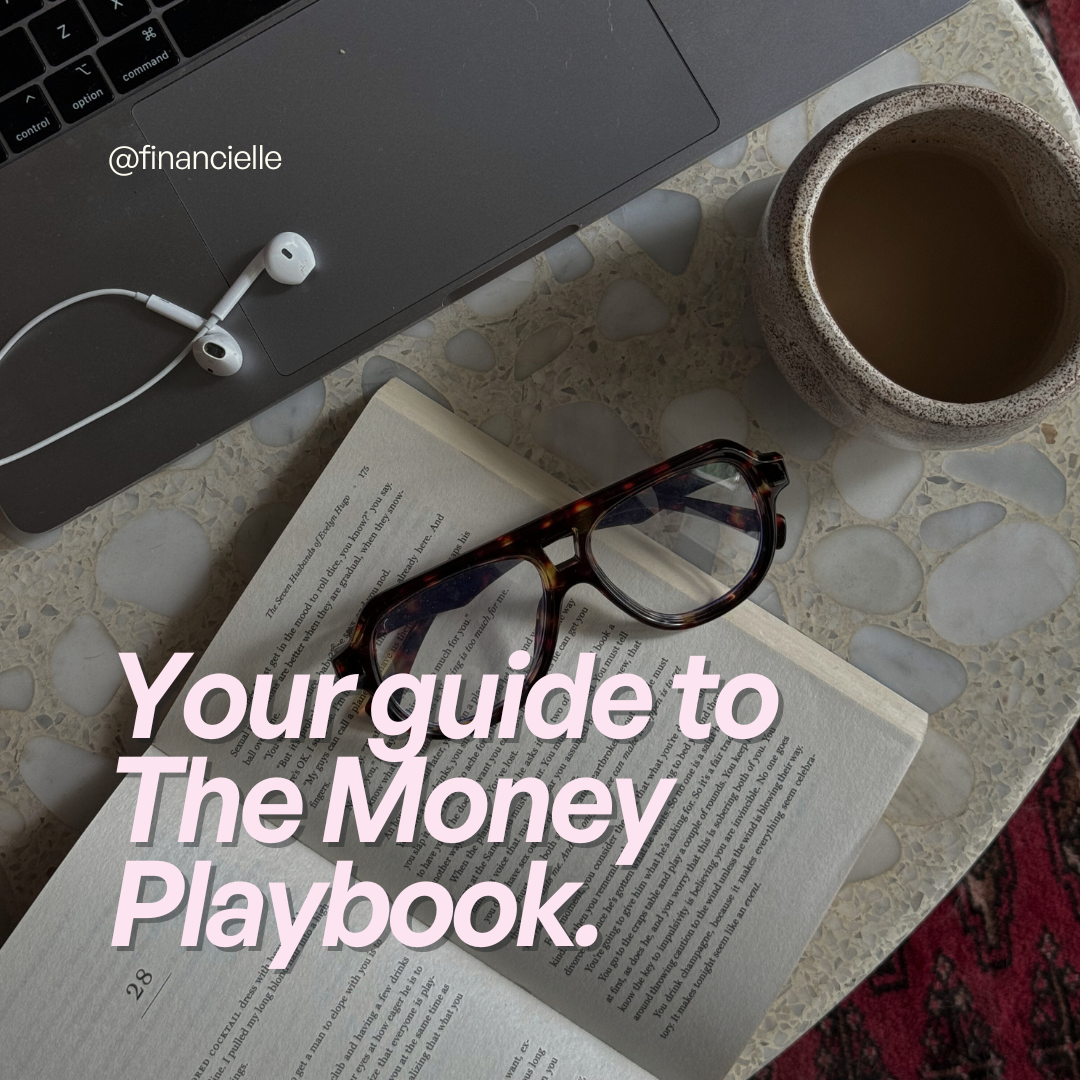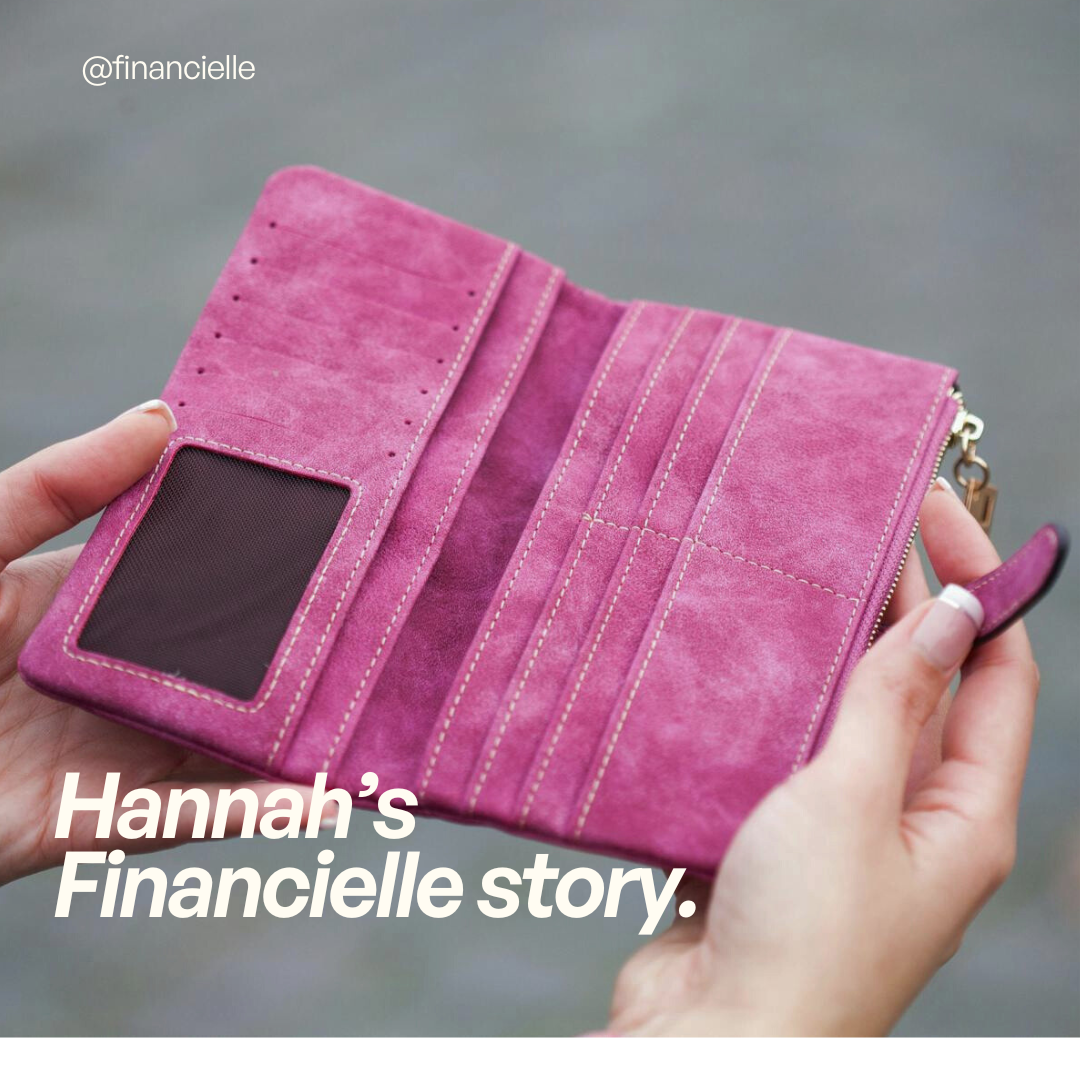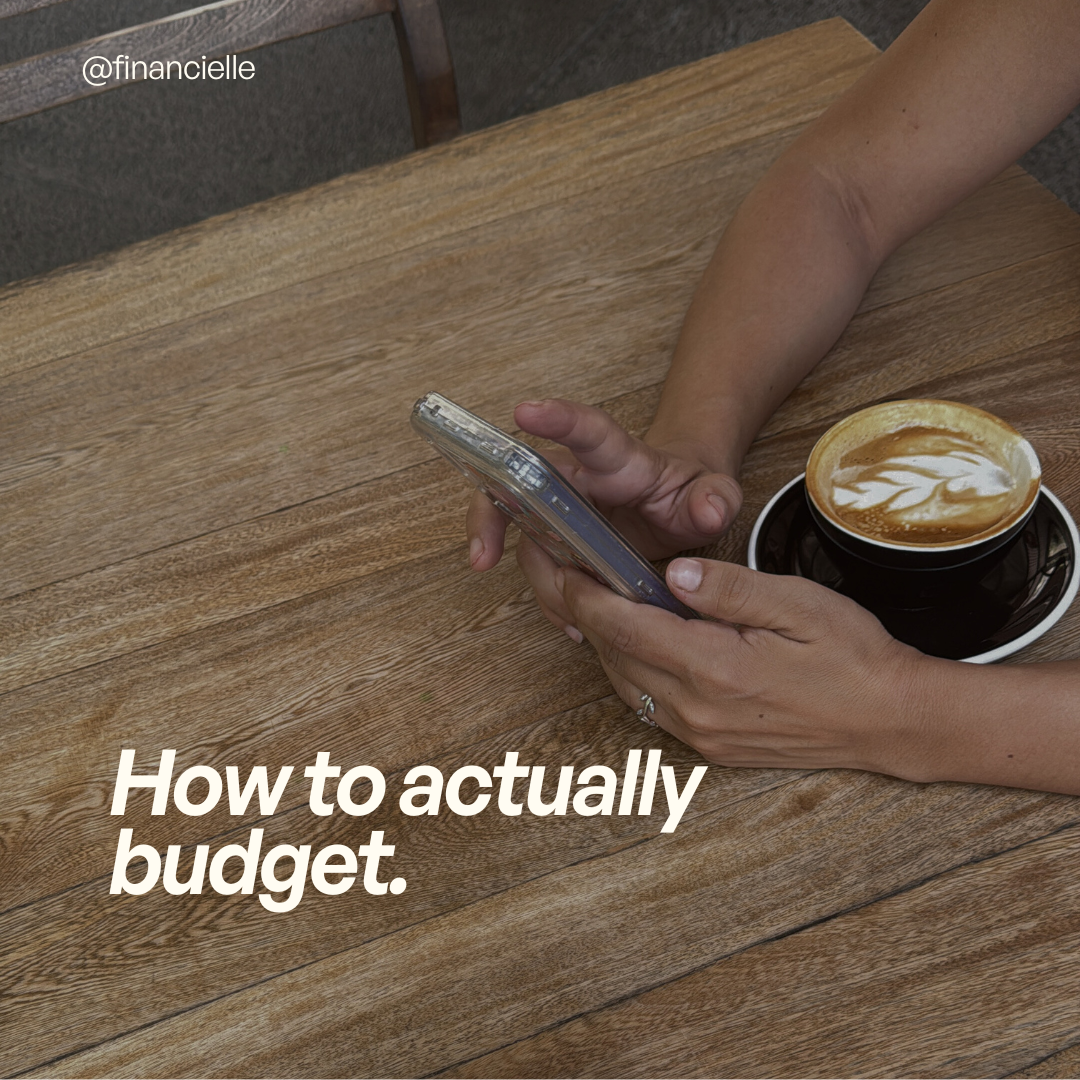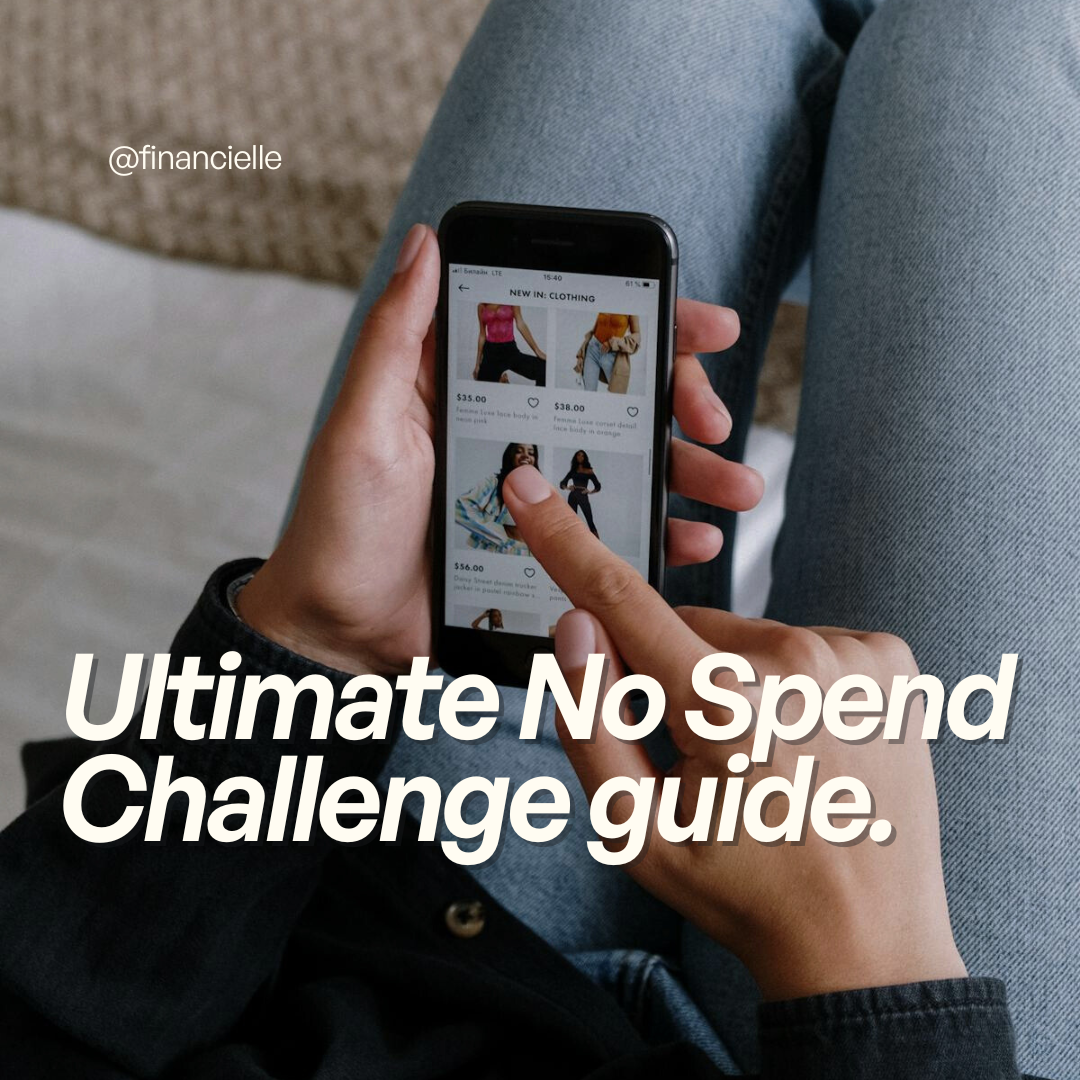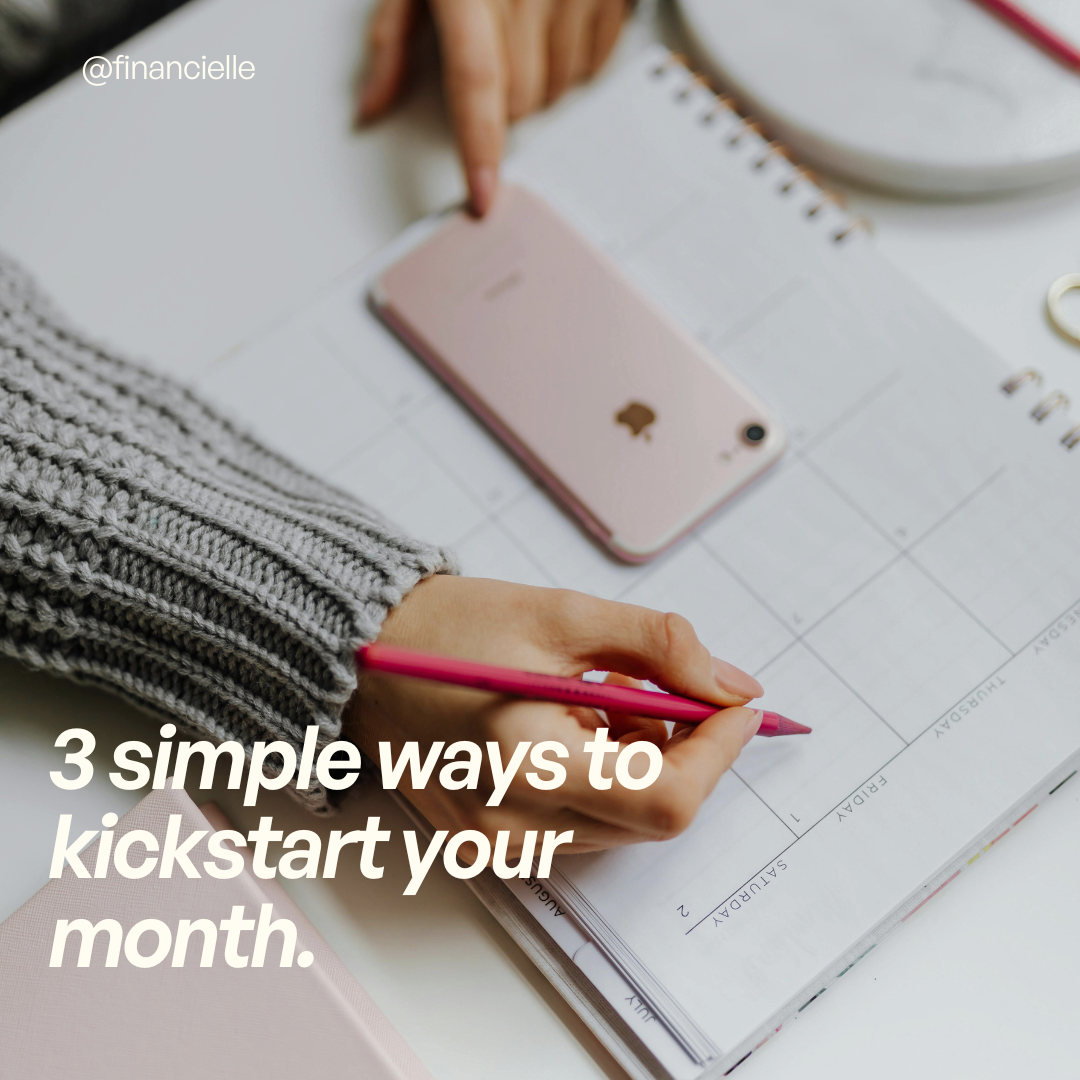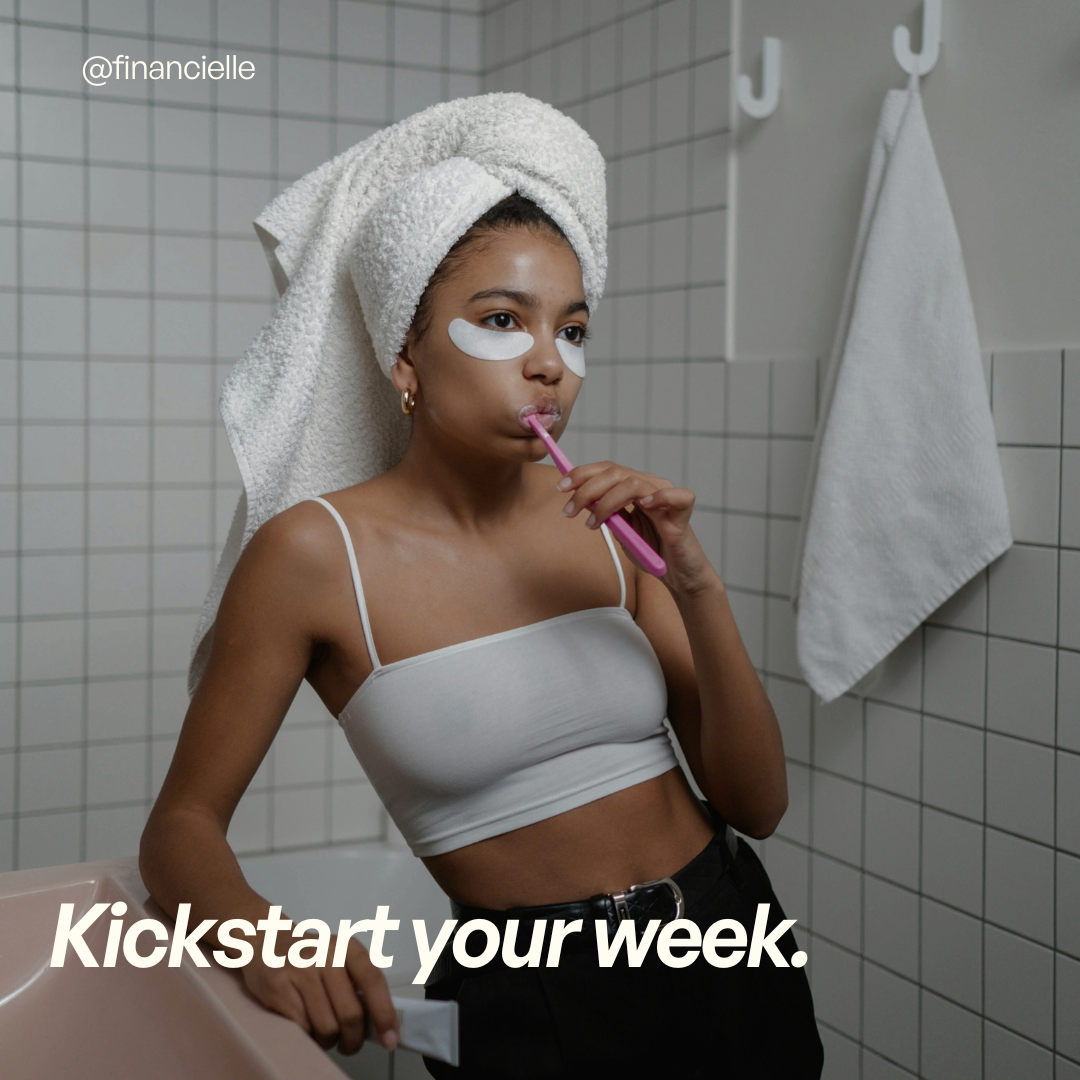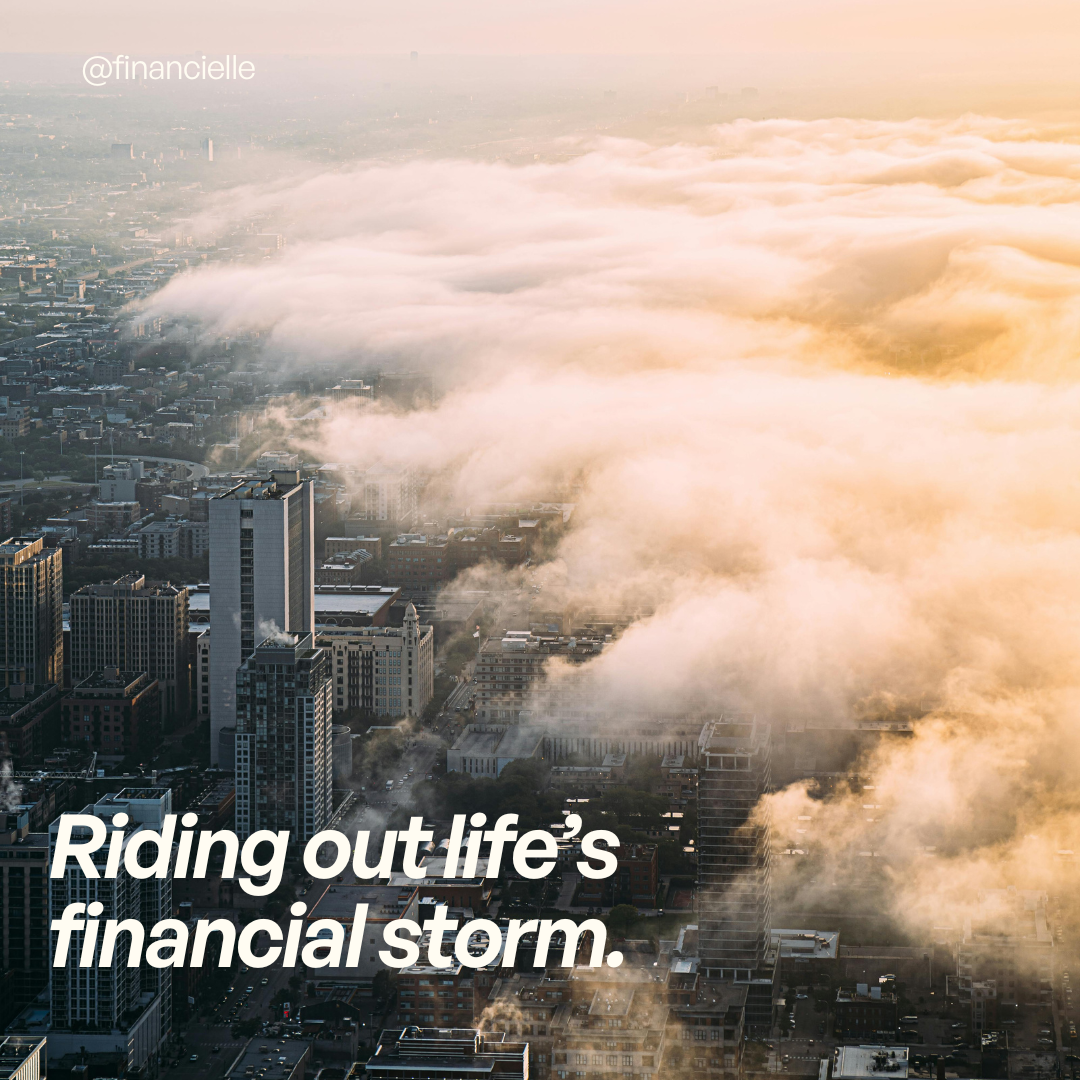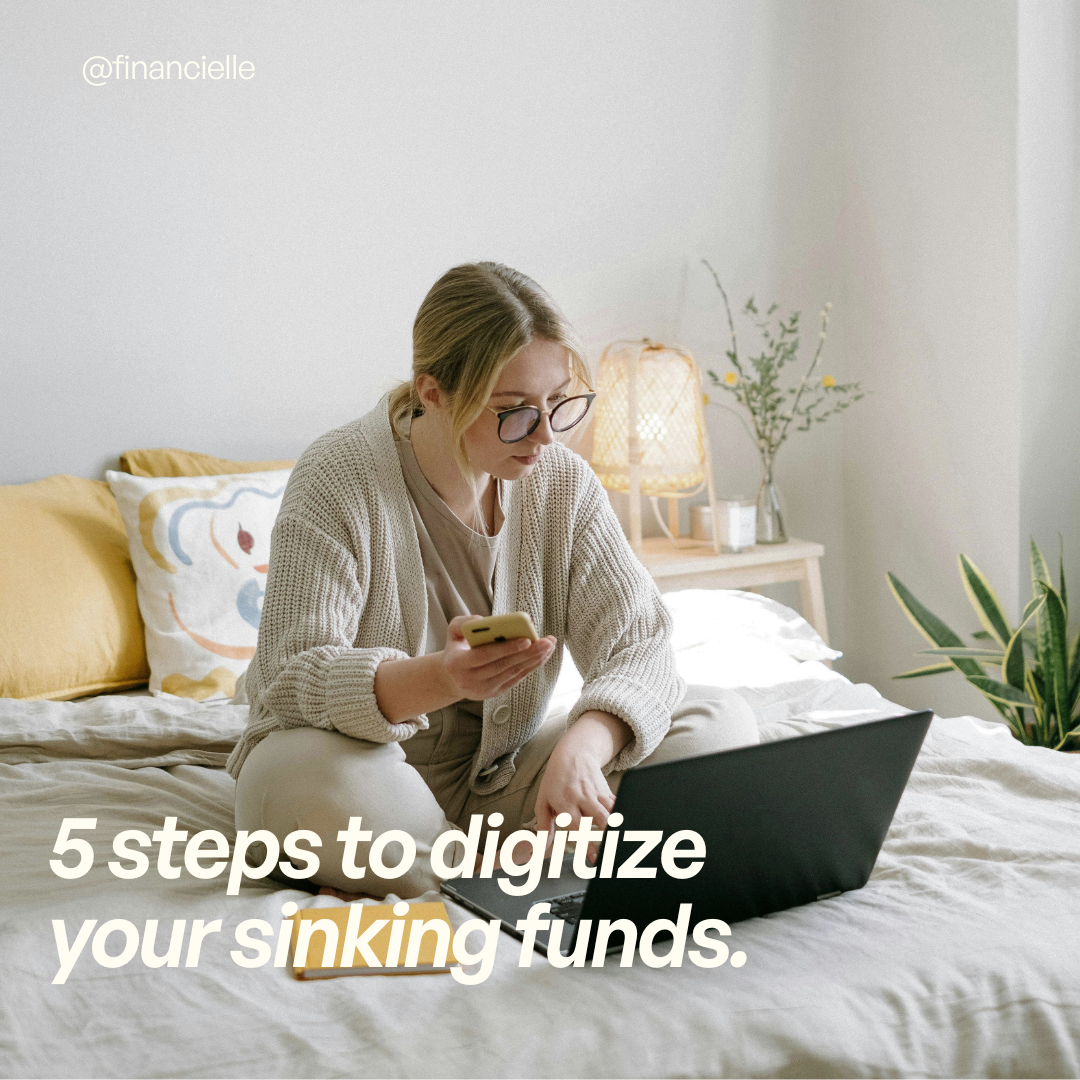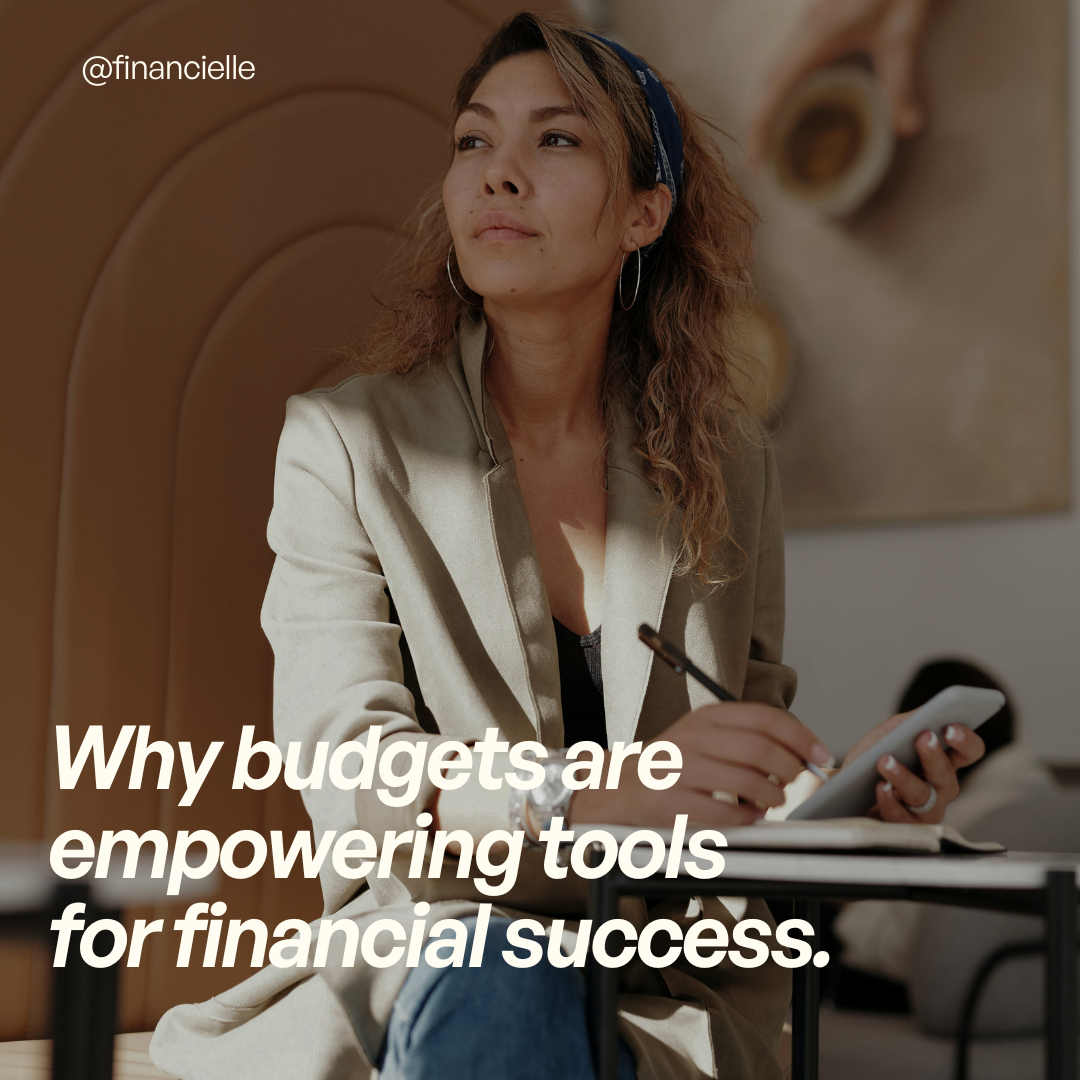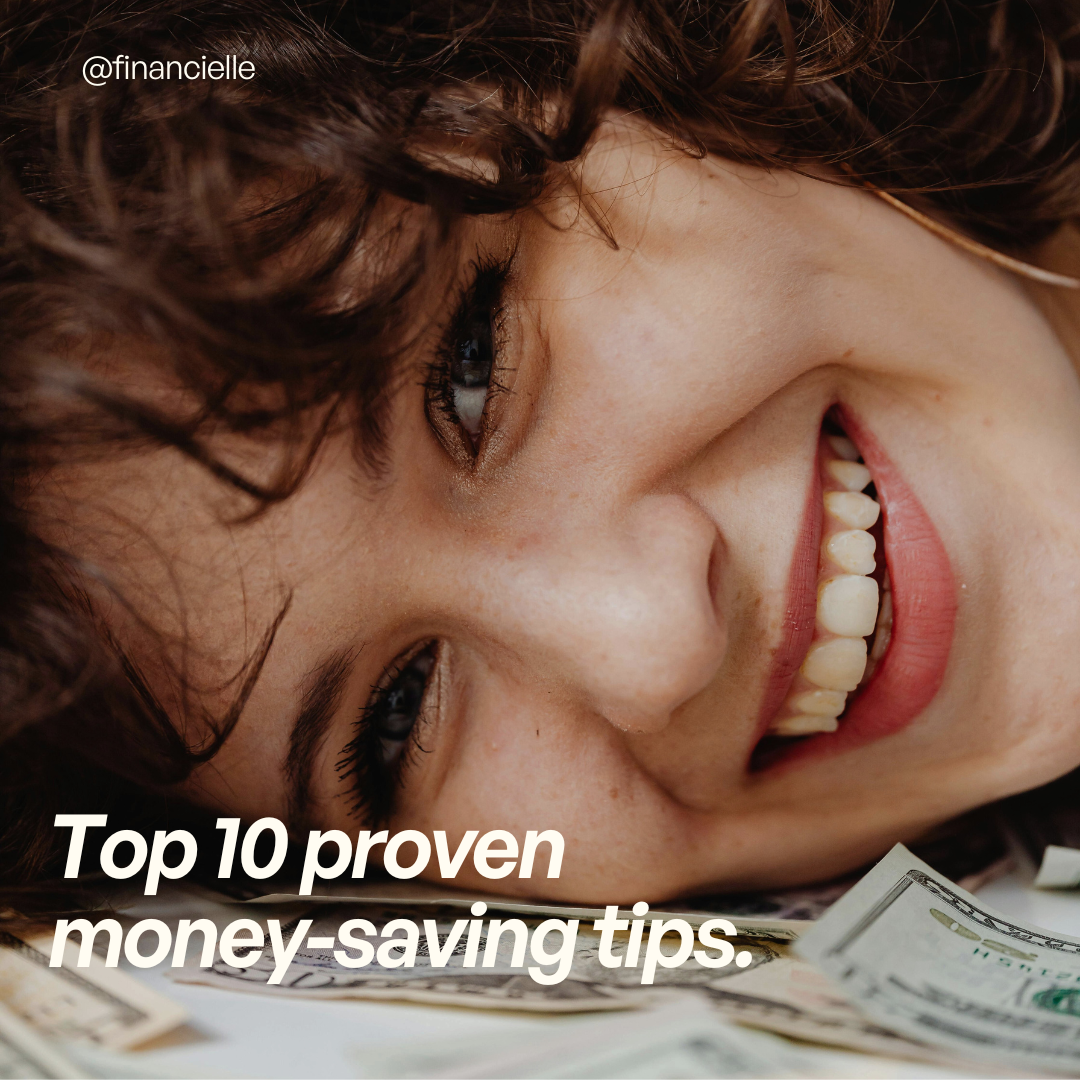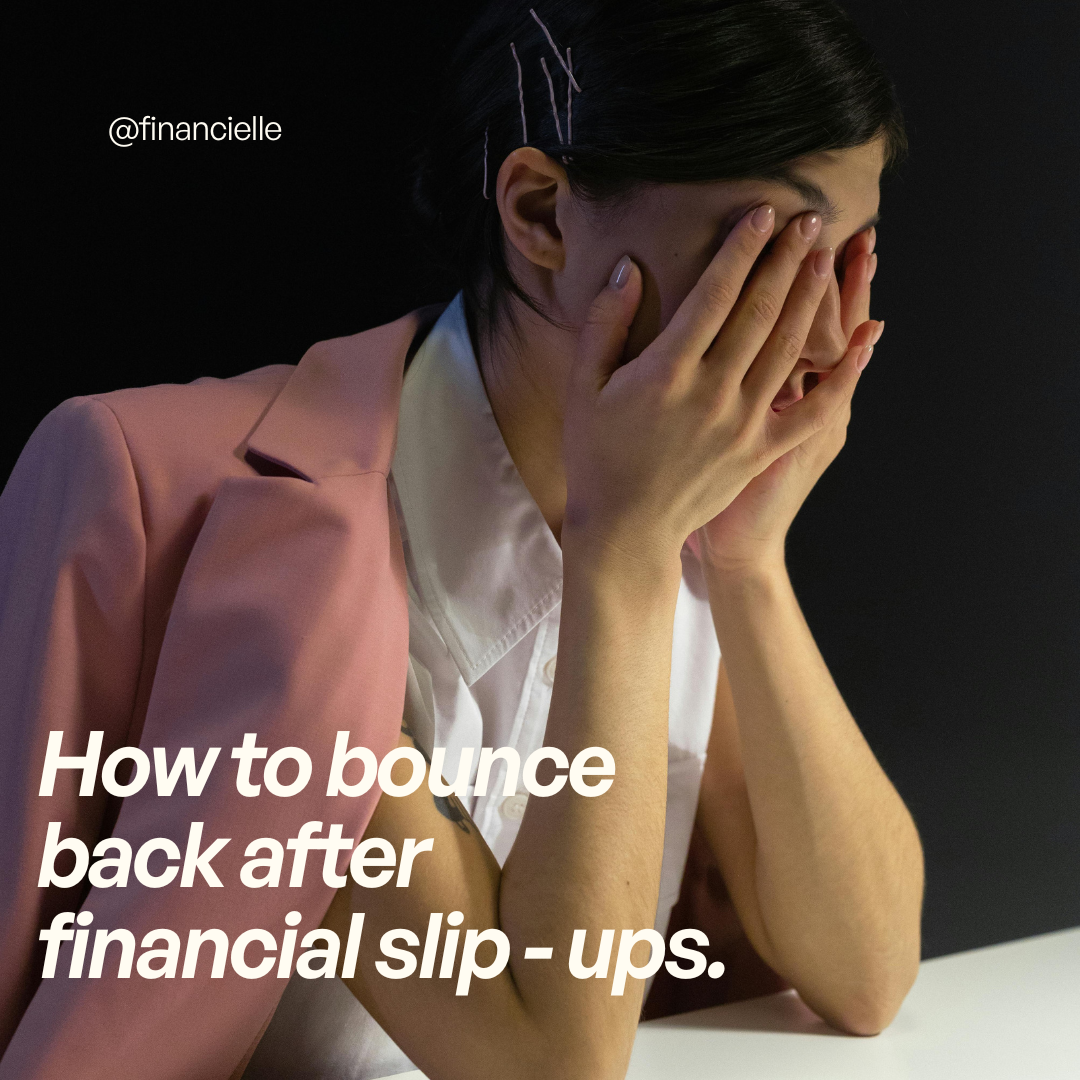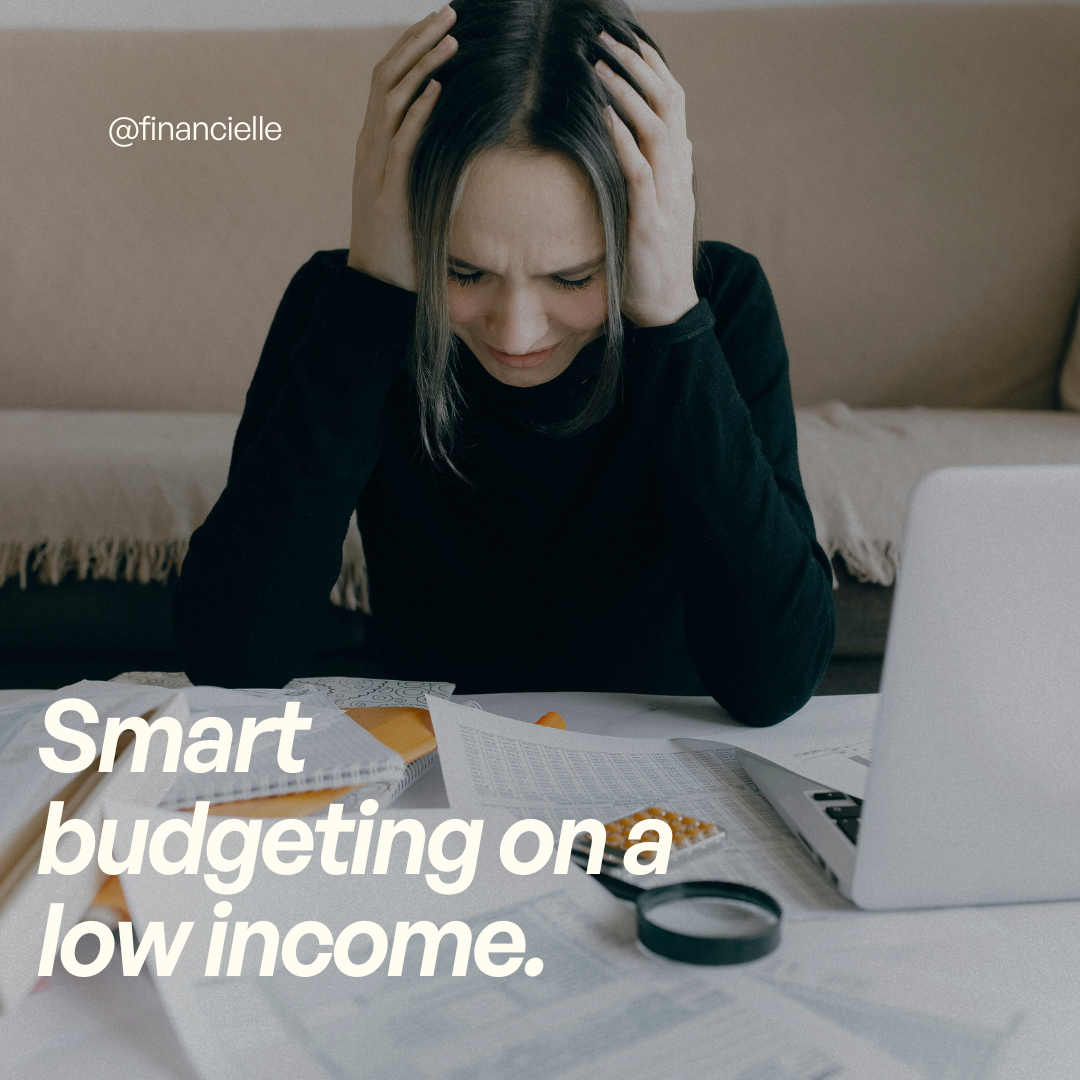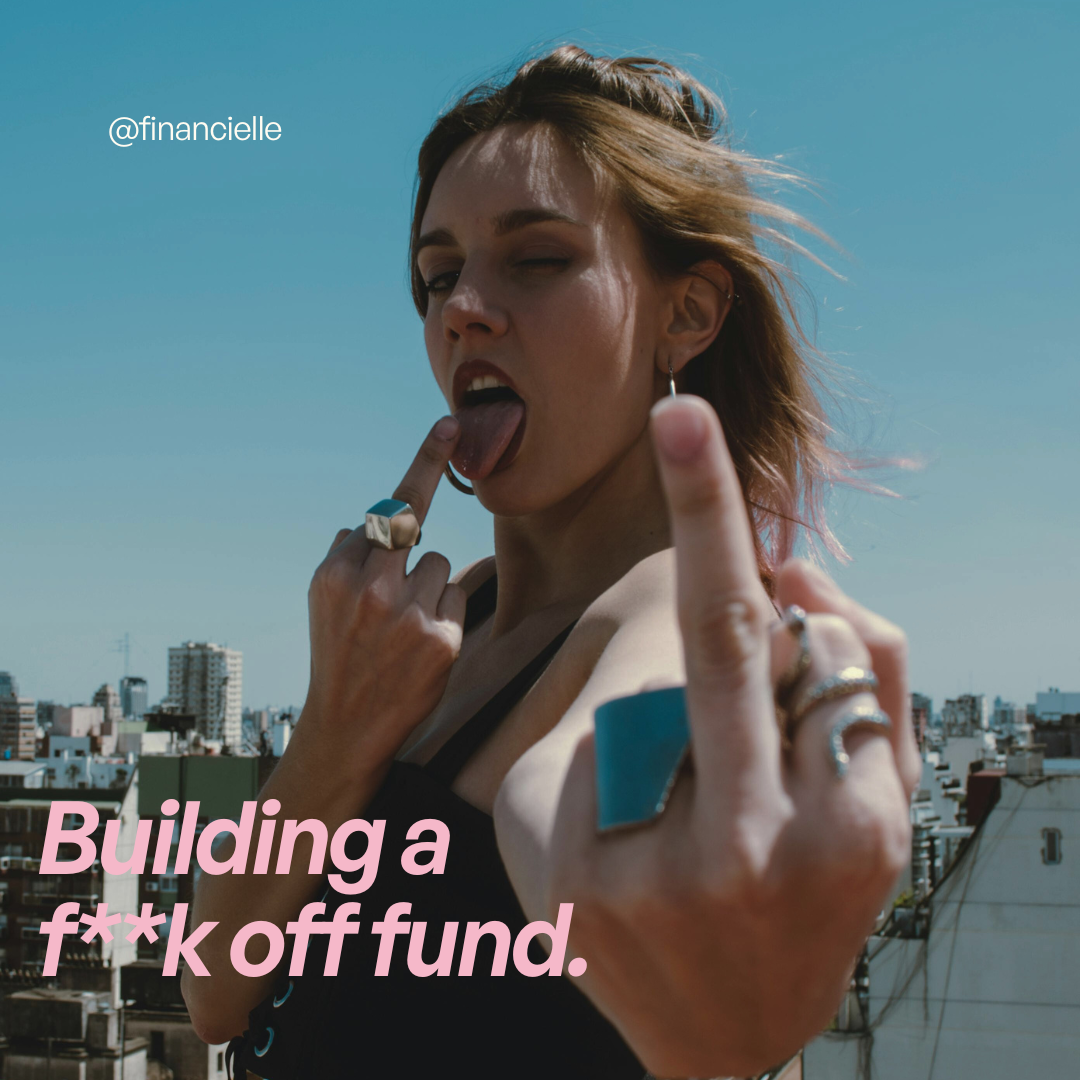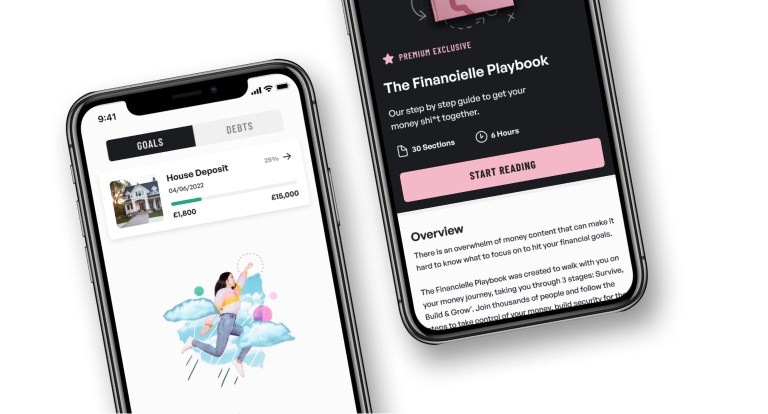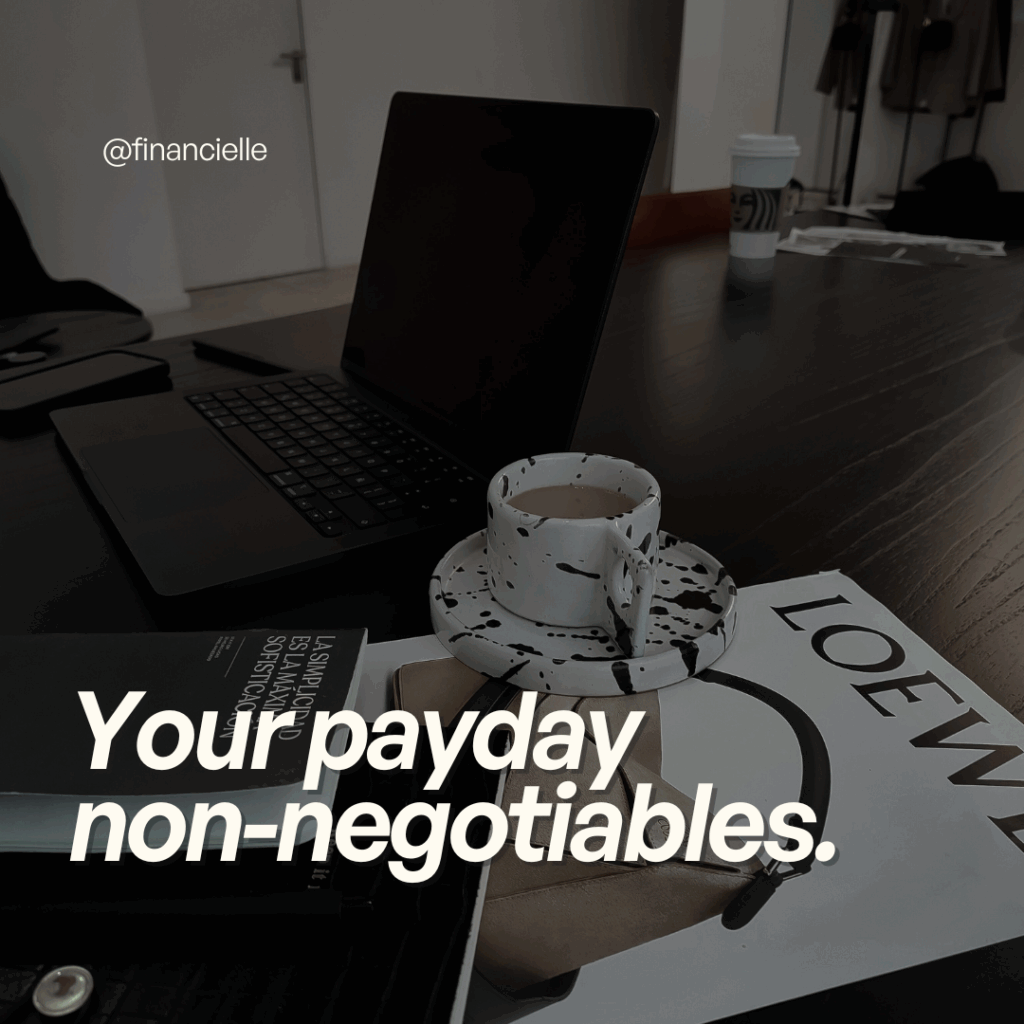
Payday isn’t a celebration, it’s an opportunity. An opportunity to take control of your money before it controls you. We get it, the temptation to treat yourself the second it lands in your bank account is real, but we’re all about looking at the bigger picture. A few non-negotiables in place helps you get one step ahead before temptation kicks in.
⏰ Take a money minute
This is just a quick check-in to see your exact money situation. Spend 60 seconds answering these questions:
- What’s just landed in your account?
- What’s coming up this month?
- What do I want to be different from last month?
This step is about awareness and putting yourself in control before you have the opportunity to spend.
Do your budget
At Financielle, we’re all about doing your budget before your money even lands in your bank account. It’s your chance to control the month before the month controls you. Here’s a rundown of how you should be creating your ultimate budget ⬇️
1️⃣ Calculate your income
First, list every source of income you have. Whether it’s your salary, part time jobs, freelance gigs…everything. This is your starting point and the foundation of your budget.
2️⃣ List your fixed expenses
These are your costs that stay the same each month, like mortgage payments, rent, bills, subscriptions etc.
3️⃣ Create your sinking funds
Here’s where you’re going to start thinking about future costs. Sinking funds are pots of money you build up for expected expenses, like holidays, car maintenance, Christmas, car insurance etc.
Example: Want £1,000 for Christmas 2025? If you have 10 paydays until then, you’d save £100 per payday. Sinking funds help you avoid relying on debt!
4️⃣ List your flexible expenses
These are the costs that change month to month, like food shopping, petrol, entertainment etc. Tracking these helps you spot patterns and stay in control.
5️⃣ Use your excess to grow
Here’s where it gets exciting. Your excess is the money left over at the end of your budget and it’s the money you use to hit your goals.
- Positive excess? You can build your emergency fund, pay off debt or start investing.
- Negative excess? It’s time to reassess. Is it an income problem or an expense problem?
If you want a quick walkthrough of how to create your budget using the Financielle budget tracker, click here
Automate your savings and investments
If you’re using your excess to save up an emergency fund or build your investments, set up a direct debit to automate it each payday.
Automating your saving and investing means:
- You don’t have to remember to do it every month
- You put money away before you spend
Some of the Financielle team and community use Trading 212 to hold their savings, emergency funds and invest*
When investing your capital is at risk

*indicates a tracked link, which tells our partner that we sent you and may in the future result in a payment or benefit to our site.



